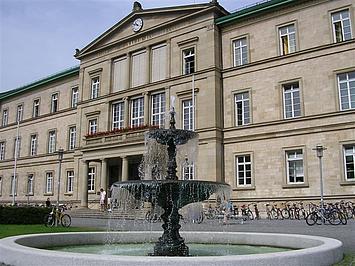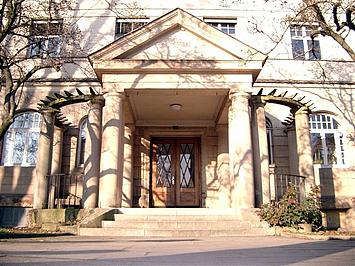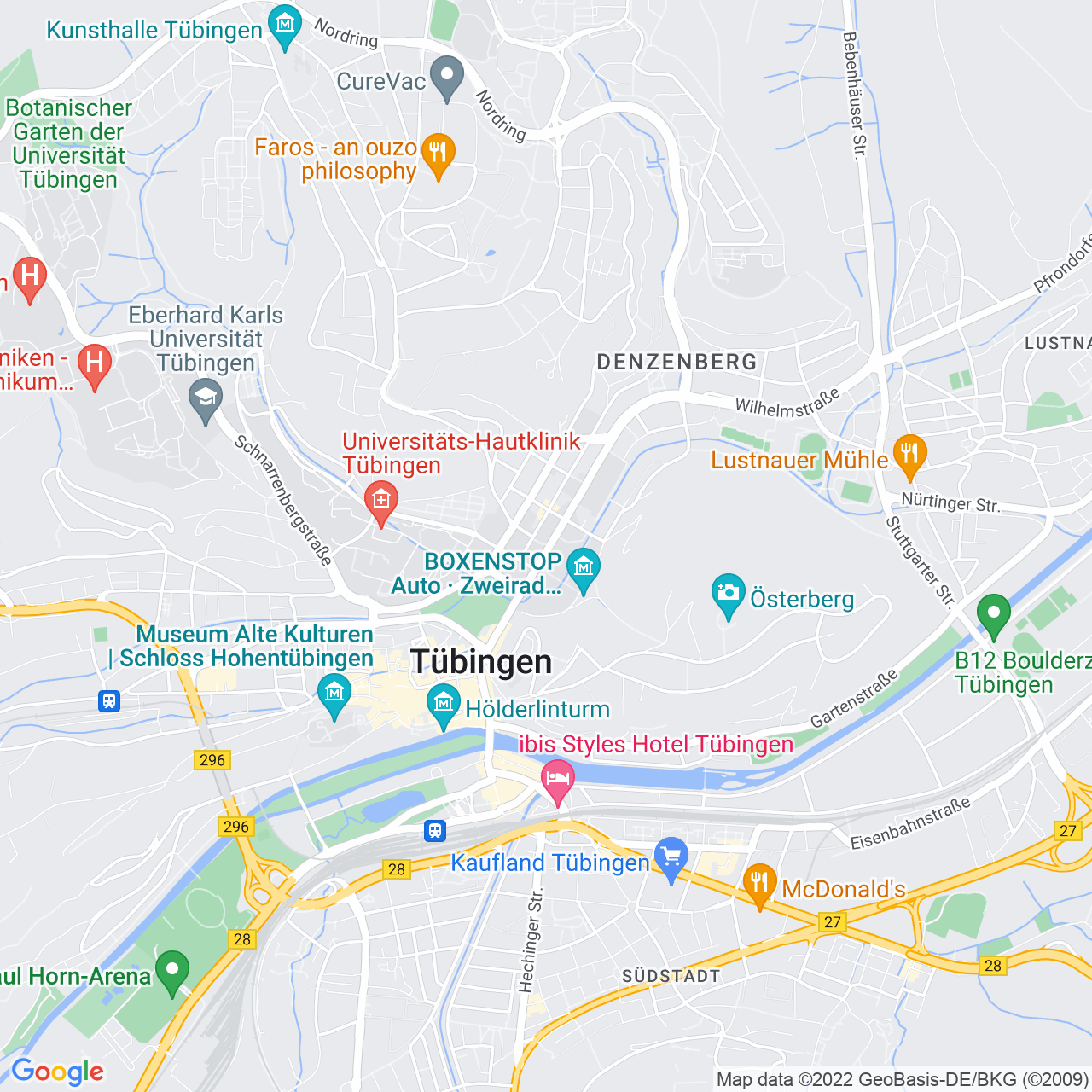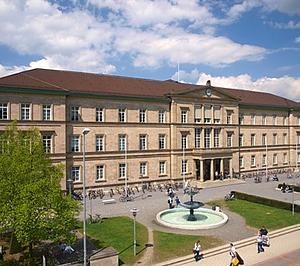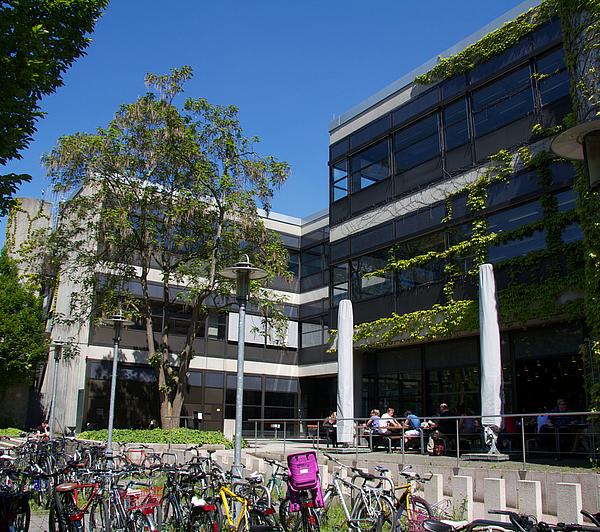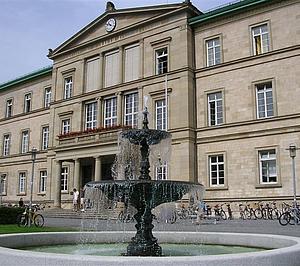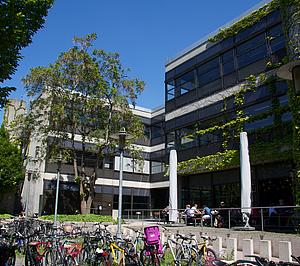Data Science is a vibrant, interdisciplinary and rapidly growing field
Data scientists must be able to acquire and understand complex and unstructured data, they must be able to interpret the meaning of the results, and they must be able to communicate the results to relevant stakeholders. Hence, Data Science requires a unique combination of (1) econometrics and statistics, (2) programming skills, and (3) domain knowledge.
This four-semester M.Sc. program Data Science reflects these requirements for a unique skill set, and students who enroll in this programm specialize in econometrics and they select from a broad set of modules on different aspects of business and economics. On top of that, they enroll in modules on data science techniques, which includes programming in R and python as well as the possibility to enroll in courses in Machine Learning in collaboration with the computer science department.
Admission Requirements
Admission to the M.Sc. in Data Science in Business and Economics requires a Bachelor’s degree in Business Studies or Economics or a comparable degree with excellent grades. Applicants are expected to have a solid intermediate level knowledge in
- Statistics / Mathematics / Econometrics
- Business Administration
- Economics
Further, applicants must have experience in writing code in a statistical programming language (preferrably R or Python). Applicants can prove their experience
- by showing that they have successfully passed modules in their qualifying degree that involve students writing code (preferrably R or Python),, or
- by providing documents that demonstrate their skills/experience in writing code in a statistical programming language (preferrably R or Python), e.g., part of a B.Sc.-thesis, or
- by providing other documentation that establishes the applicant's skills/experience in writing code in a statistical programming language (preferrably R or Python)
The program is free of tuition fees for all EU residents. The state of Baden-Württemberg has introduced fees for international non-EU students and second-degree students. For background information and for fee exemption options, please refer to this link.
For further information see the general requirements and specific requirements.
Foreign language requirements
Applicants must be fluent in German and English.
Foreign applicants must demonstrate their ability to study in German by submitting one of the following two certificates: DSH-2 or TestDaF 4*4*4*4. Applicants with a German Bachelor Degree do not need to provide proof of their German language skills.
Promotion opportunities
Graduates will also find themselves well-positioned to pursue a Ph.D. subsequent to this M.Sc. program. Towards this end, students may study this M.Sc. program on a Ph.D. track, which supports the transition into a doctoral degree in Business Administration or Economics. See also the school's Doctoral Programs.
The School of Business and Economics
The School of Business and Economics at the University of Tübingen is committed to high-level academic education in both business administration and economics. It features a faculty of 26 professors and about 45 junior researchers, all of whom are actively engaged in academic research. Our Bachelor and Master programs mirror the widely respected academic expertise of the faculty. Students benefit from courses taught at the frontier of academic research as well as from dedicated tutoring and learning in small groups, with close contact to academic staff. The School of Business and Economics offers three Bachelor of Science programs and ten different Master of Science programs that allow students to specialize in areas with promising career prospects.
The Master programs at the School of Business and Economics
- Accounting and Finance (M.Sc.) >
- Economics (M.Sc.) >
- Economics and Finance (M.Sc.) >
- European Economics (M.Sc.) >
- European Management (M.Sc.) >
- General Management (M.Sc.) >
- International Business (M.Sc.) >
- International Economics (M.Sc.) >
- Management and Economics (M.Sc.) >
- Data Science in Business and Economics (M.Sc.) >

